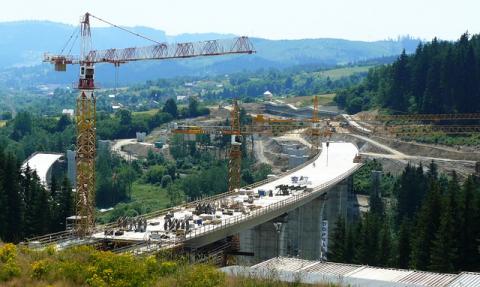
Region: Europe and Central Asia (ECA)
Country: France
Keywords: About PPP, Knowledge Lab
Document(s):
Document Summary:
This report aims to show the impact and effects of this new public procurement resource, sector by sector, in facts and figures, and to illustrate the contributions it has made and the feedback it has generated by major type of project and by public-sector initiator, from municipalities to central government agencies.
Document Details:
A public-private partnership (PPP) is a long-term contractual arrangement whereby the government calls on a company or a consortium formed for the purpose to design, build, finance and maintain a structure or facility necessary for its public-service mission. The company or consortium is subsequently remunerated according to the availability and performance of the structure or facility. The remuneration must enable the company or consortium to repay its initial investment and cover the financing costs and the services it provides. In a broad sense PPPs have long existed in France under various names and in various forms, marking the history of the development of the country’s infrastructure networks. In the modern sense, corresponding to the partnership contract (contrat de partenariat now renamed "machés de partenariat" since 2015) created in 2004 and covering all-inclusive government-pay contracts, PPPs have made significant inroads in certain sectors of public management such as social infrastructure (schools, hospitals, prisons, etc.). As a result France topped the European PPP league table in 2011-12, though PPPs remain a niche market overall in relation to the total amount of public procurement. Now, ten years later, it is possible to take stock, in both qualitative and quantitative terms, of projects initiated and carried out.
Updated: June 7, 2022